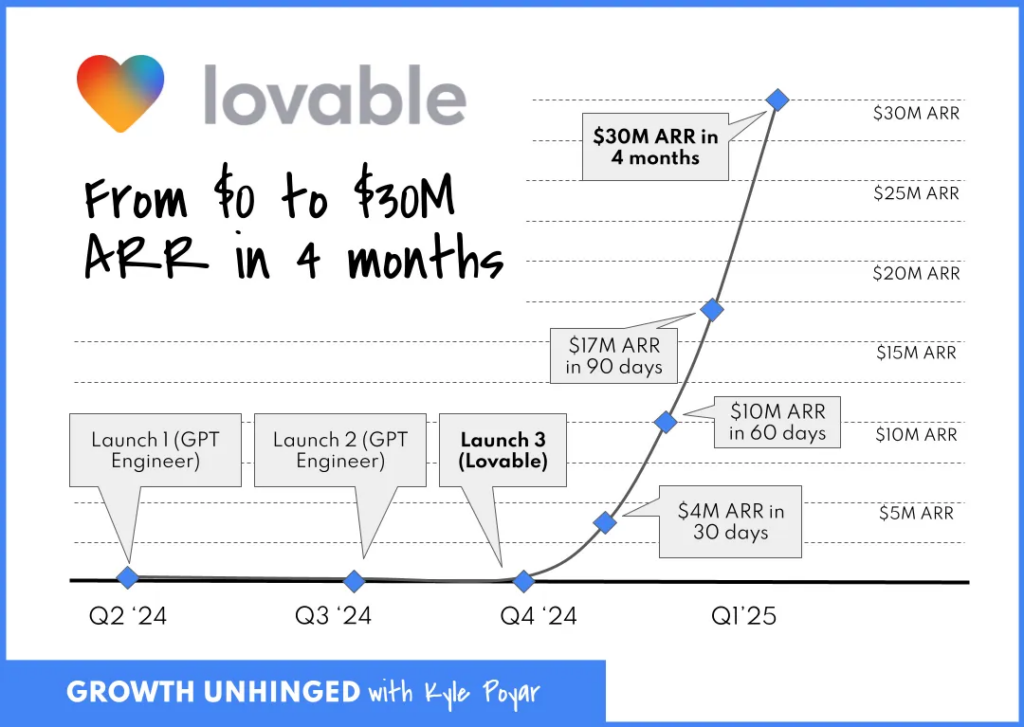Unsurprisingly, the change started with COVID.
Remote work, layoffs, rapid growth, possible recession, more layoffs. This has been the story of SaaS over the last five years.
CROs already had a notoriously short average tenure of 18 months (by most accounts). Pile on all the cultural changes around work and a sudden drop in venture capital, and you have a recipe for fractional work.
That’s how it all began for Neil Weitzman, too.
“COVID hit and we all had different challenges," Weitzman said. "It turned into an opportunity for me to take a little bit of a risk on myself and do something I always wanted to do.”
Now, Weitzman leads his own fractional service called WeitzmanGTM, among other business ventures.
“I love being a CRO,” Weitzman said. “I am passionate as hell about what I do, the career I now have, and helping people get into it if it's right for them.”
What Exactly is a Fractional CRO?
While there’s some debate over the terms fractional and consultant (perhaps a topic for another article), a fractional CRO is most often brought in to build the revenue foundation at an early-stage company. Think $1-20M ARR.
They build the systems, create the processes, and set the company up for a future of sustainable growth. It’s not just about the strategy. A good fractional CRO needs to get their hands dirty.
Strategy without execution is ridiculous. It's 90% execution," Weitzman said. “Meaning, you're not just making pretty decks—you're getting sh*t done.
A fractional CRO is the bridge between a founder-led startup and scale. The role is temporary by design. The right person can look at the business objectively, play the role of partner to the CEO, set up the foundations for growth, and leave the business in a better place.
"You don't want me to be here in six months," Weitzman said. "If I have to be here, it means we didn't do something well together."
Maximum Impact, Minimal Commitment
For CEOs, hiring a fractional CRO gives them access to a wealth of revenue expertise without the full-time commitment and full-time costs.
"You might hire me for one day a week instead of five days a week with benefits," Weitzman explained.
Translation: maximum expertise, minimal overhead. This is exactly what bootstrapped or profitability-minded startups need to grow in today’s market.
More importantly, it reduces the hiring risk for the company. If it doesn't work out, you part ways cleanly. No complex severance, no long-term commitments.
And the value extends beyond cost savings. Weitzman explained that fractional executives bring crucial experience that many founding teams lack.
If you're a CEO who maybe came from a product, technical side, or financial side, sales might be really out of your depth. So, you need a partner who's been there and done that to guide you.
On the flip side, as a fractional executive, you are in control of your career.
You can take on projects you truly care about. And if you’re a builder (like most fractional execs should be), you can hone in on the part of the job that excites you most—and that you’re best at.
"It's about knowing what problem you can solve and who you can solve it for," Weitzman said.
Is It Right For You?
"First and foremost, you should be really really damn good at what you do," Weitzman said.
In a business where referrals are everything, frauds are found out fast. And the word spreads faster. There are no layers of corporate to hide behind. That means to make it as a fractional CRO, you need to know what you’re talking about and how to bring it to life, fast.
“I go into it very very direct,” Weitzman said of his fractional process. “Openly, with proper expectation setting and scopes."
Speaking of referrals, the life of a fractional CRO is all about building your personal pipeline of clients. You have to want it, Weitzman stressed.
You've got to wake up every morning and do the hustle on how am I going to find my next clients.
Being comfortable selling yourself and your skills is vital for success. You need to be able to stand (virtually) in front of a CEO and say 'Here’s why I’m a good fit' over and over again. Even while you are actively working on a project, you need to always be thinking ‘What’s next?’.
The Future is Fractional
Full transparency: While the fractional CRO market is less saturated than it was a year or so ago, it is still wildly competitive. Weitzman estimates that "for every hundred fractional CROs, there are 10 that are great and 90 that are just trying to make a quick buck."
Your differentiator? Quality, reputation, and an all-star personal brand. LinkedIn is your storefront. And building a community is invaluable. Your network, both in-person and online, will be one of your most crucial tools as a fractional executive.
"Community, network, and your own branding are some of the most important elements of a fractional business," Weitzman said.
As go-to-market strategy evolves quickly in the wake of AI and profitability mandates, demand for strong fractional executives will only rise. It makes sense monetarily for early-stage CEOs to leverage the skills of talented builders and even use their insight and network to find the right full-time fit.
Ten years from now, it will become very common. Part of a CEO's growth plan will be to get to X stage and hire a fractional CRO for a year.
Technologies like AI are making this possible, enabling more efficient company building and more flexible leadership models. Look at a company like Lovable. They scaled to $30M ARR in just four months with a team of 18 people.
While I don't know how much fractional support Lovable had (if any), it's a killer example of the startups of the future. Lean teams of builders. These are the types of companies ripe for fractional leaders to make their mark quickly.

Need expert help selecting the right Other Software?
We’ve joined up with Crozdesk.com to give all our readers (yes, you!) access to Crozdesk’s software advisors. Just use the form below to share your needs, and they will contact you at no cost or commitment. You will then be matched and connected to a shortlist of vendors that best fit your company, and you can access exclusive software discounts!
The Million-Dollar Question: Should You Make the Leap?
So, should you quit your full-time gig to go fractional? Weitzman said, "I would never give that advice. People need to decide for themselves what's right for them."
But here's a gut check. Are you:
- Not learning in your current role?
- Feeling undervalued?
- Craving more autonomy?
If you nodded yes to any of those, fractional work might be for you. Just remember, fractional is a lifestyle. It's about designing your career on your terms, bringing maximum value to your clients, and staying perpetually challenged. It's a grind, but if you thrive in an early-stage, building the plane in the air kind of environment, fractional work could lead to big opportunities.
Looking for more insights on the future of the CRO? Sign up for The CRO Club newsletter. We've got tips, trends, and tools to share.



